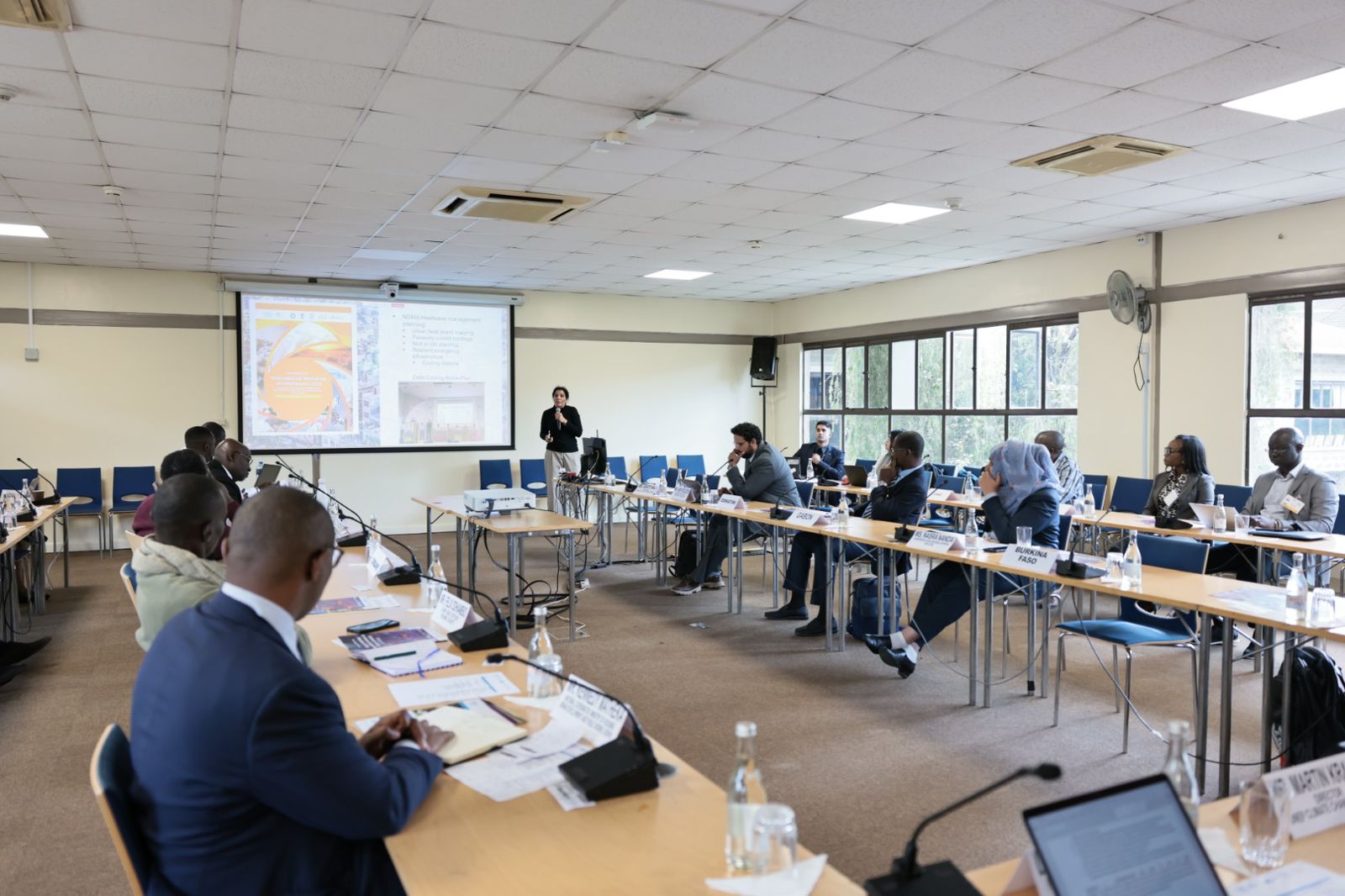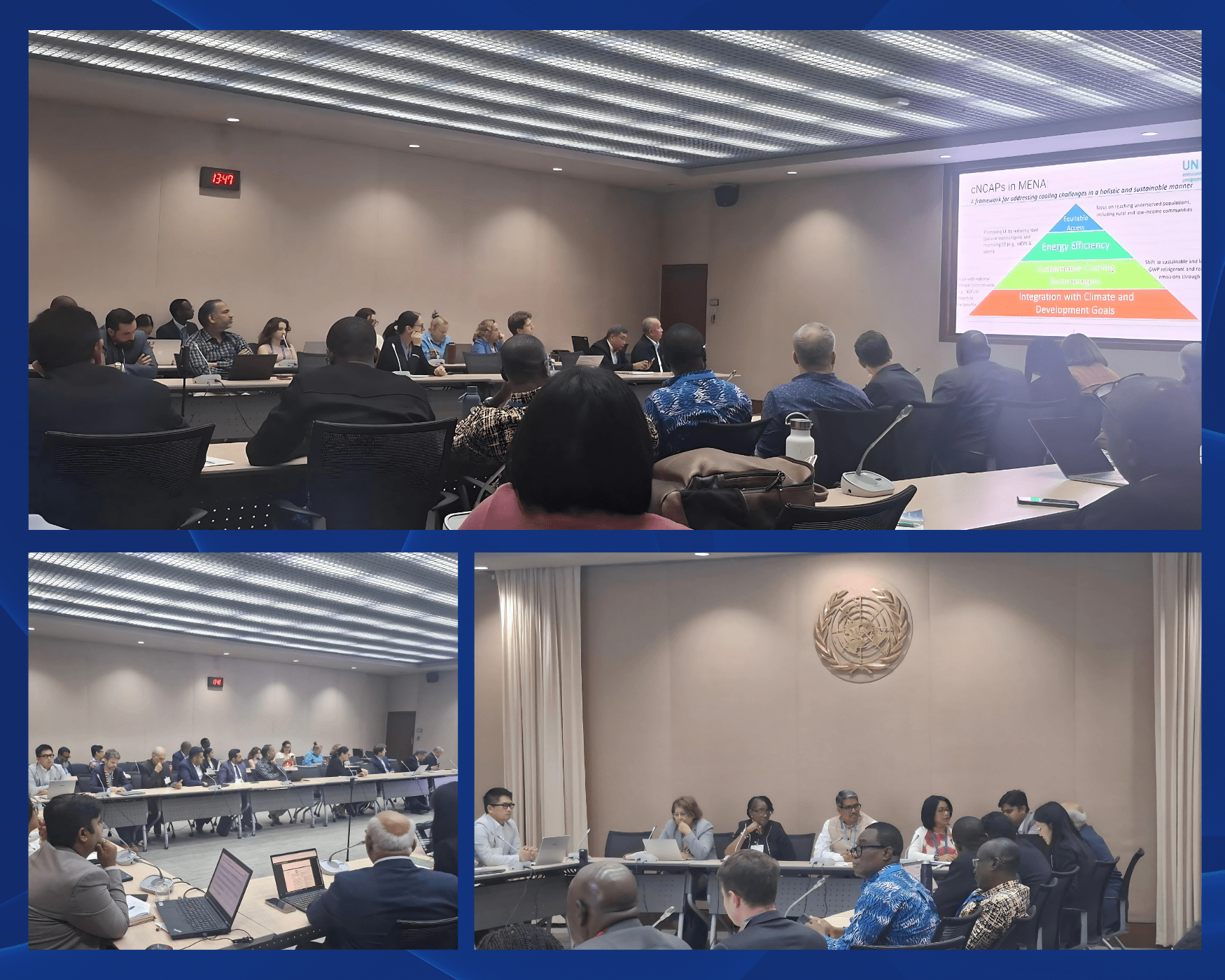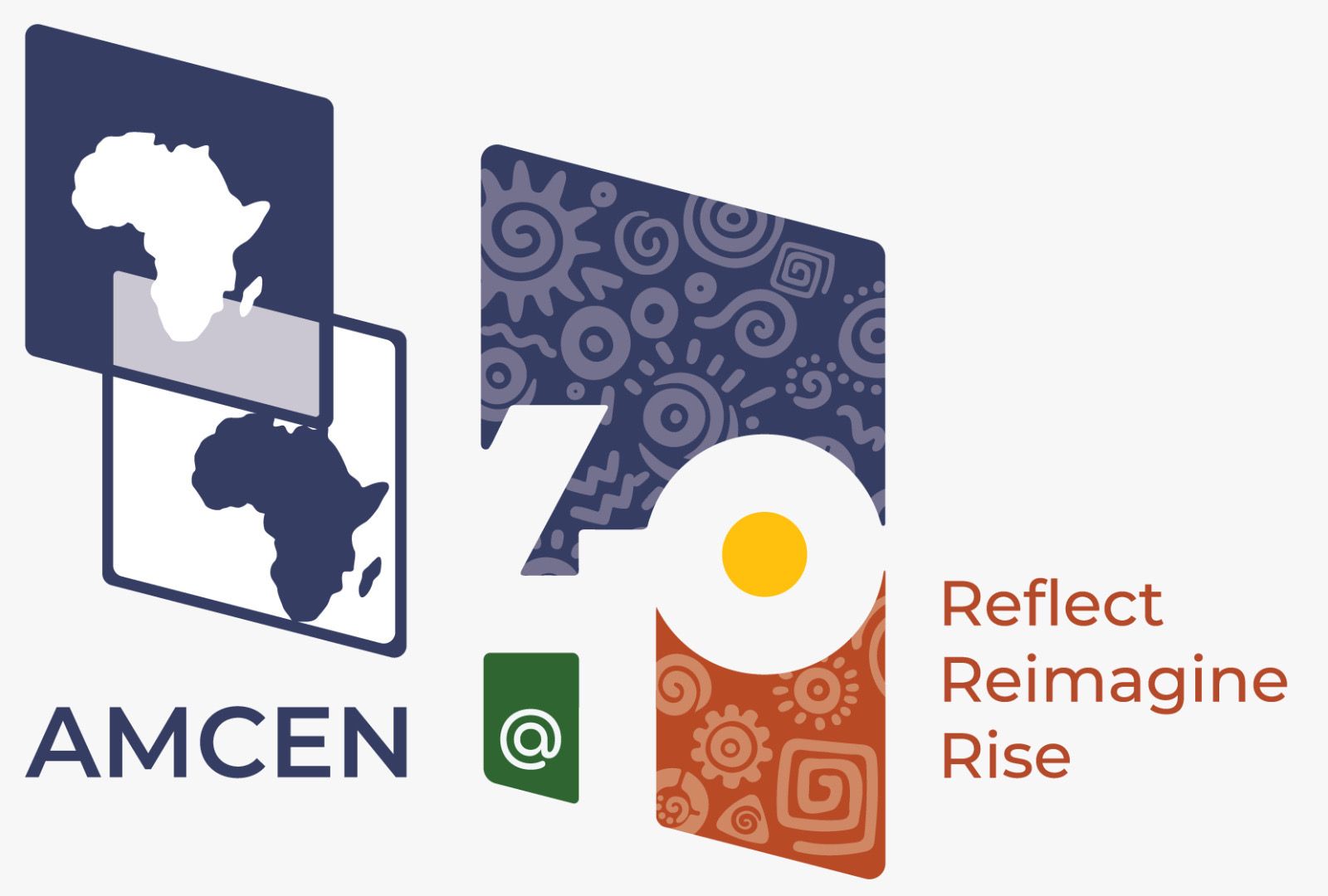On Thursday this week, the first of a series of Cool Coalition webinars will take place.
Join us to hear about the initial results on how the cooling sector can get to zerocemissions by 2050.
A new and exciting project examining the pathway to zero GHG emissions for the cooling sector globally has been launched as a collaboration between K-CEP, Cool Coalition, Carbon Trust and COP26 High-Level Champions. This project supports the work of the UNFCCC Marrakech Partnership for Global Climate Action and in particular the Climate Action Pathways which outline the longer-term vision for a 1.5-degree climate-resilient world from the perspective of non-Party stakeholders and sets out actions needed to achieve that future.
Early insights from the project and an overview of plans and opportunities to engage through a Zero Pathways Cool Coalition working group will be presented. This webinar provides an opportunity to feedback on the research and share recommended thoughts and actions to feed into the pathway.
Register here: https://register.gotowebinar.com/register/7212721919048344588

Background
Cooling is a key enabler of social and economic development and is one of the most rapidly growing sources of greenhouse gas (GHG) emissions. To reach zero GHG emissions, significant transformation of how cooling is generated, stored and used is required across energy and food systems, industry, transport and human settlements.
While recent Cool Coalition work has highlighted the importance of an Reduce – Shift – Improve – Leverage – Protect hierarchy, this hasn’t yet percolated fully to different pathways or visions for decarbonising the sector. No studies to date have shown how cooling is compatible with zero emissions, and yet many countries, and approximately 50% of global GDP, are covered by zero emissions commitments. Neither is there a common vision for how zero emissions cooling for all can be achieved
This project builds on existing work to show how the sector as a whole can get to zero GHG emissions by 2050, what the key gaps are, and who needs to do what. By developing a climate action pathway for cooling, we will uncover how transformational mitigation and resilience opportunities in the cooling sector can feed into updates to each of the established pathways and action tables.
Speakers
David Aitken, Associate Director, Carbon Trust
David leads the Carbon Trust’s incubation support to clean tech ventures. He has advised more than 50 clean tech ventures on how to grow. He also provides strategic advice to climate innovation centers internationally. David has over a decade of technology commercialization and infrastructure project experience for clients including the UK Government, GE, and World Bank.
Before joining the Carbon Trust, David worked in a start-up venture developing clean tech projects in developing countries. He has Law and Arts degrees from Canterbury University and an MSc in Environmental Change and Management from Oxford University.
Dan Hamza-Goodacre, Cool Coalition, Non-Executive Director of K-CEP, COP26 Champions Team
Dan Hamza-Goodacre is the Non-Executive Director of the Kigali Cooling Efficiency Program, a global initiative helping developing countries improve the efficiency of cooling as they reduce pollution from F-gases. Dan has worked on sustainable development in the public and private sectors across the globe for over 20 years. Prior to K-CEP, Dan was Director of Buildings and Industry at ClimateWorks.
Before working in philanthropy, Dan was with PwC, where he served as Deputy CEO of the Climate and Development Knowledge Network, a multi-lateral aid program to help developing countries respond to climate change. Dan held various posts with the U.K. Environment and Agriculture Ministry, including: Head of the Secretary of State’s office; co-founder of the UK’s Adapting to Climate Change Program; Adaptation Policy Lead for the UK Climate Change Act and Sustainable Agriculture Advisor. Dan also worked for the UK Foreign Office as a Climate Attaché.
He is a regular speaker and moderator at conferences and events and has written widely on climate and development. Dan has an MSc in International Development from Bristol University, where he also lectured and researched global environmental politics. In his early career Dan lived and worked in the rainforests of Latin America.
Mark Radka, Head of the Energy and Climate Division, UNEP
Mark Radka heads UN Environment’s Energy and Climate Branch, where he manages the organization’s efforts to link the global energy and environment agendas. UN Environment’s focus is on helping countries reduce emission of greenhouse gases through broad cooperative efforts and supporting engagement by the financial industry in the sustainable energy sector.
Mark has a special interest in the technology needs of developing countries and was a coordinating lead author of the IPCC’s Special Report on Methodological and Technological Issues in Technology Transfer. Before joining UN Environment, he worked on domestic and international environmental programs with the U.S. Environmental Protection Agency and the World Bank, and was a U.S. Peace Corps volunteer in Thailand.
Mark received a Master of Public Policy degree in Environmental Policy from Harvard University’s Kennedy School of Government, a M.S. degree in Environmental Engineering from the University of California at Berkeley, and a S.B. in Civil Engineering from the Massachusetts Institute of Technology.
Lily Riahi, Coordinator Cool Coalition, UNEP
Lily coordinates the Cool Coalition partnership, a new initiative that was an official outcome of the Energy Transition Track of the UN Climate Action Summit in 2019. The Cool Coalition supports governments’ transition to efficient, climate-friendly cooling through a holistic approach – one emphasizing reduce, shift, improve, protect – to cooling that promotes nature based solutions, smart buildings, renewable energy and efficiency solutions while meeting the goals of the Paris Climate Agreement, Kigali Amendment to the Montreal Protocol, and the Sustainable Development Goals.
Lily also oversees the District Energy in Cities Initiative, which is working with over fifty public-private partners on implementing different business models that promote the uptake of efficient and renewable district energy (heating, cooling, and power) in cities.
Over the last fifteen years, Lily has developed public-private partnerships and implemented renewable energy and energy efficiency programs for UNEP, Global Environment Facility, REN21, the Environmental Defense Fund, ICLEI – Local Governments for Sustainability and the German parliament- where she participated in the set-up and promotion of the International Renewable Energy Agency (IRENA). She is also the report author of several energy publications, including ‘District Energy in Cities: Unlocking the Potential of Energy Efficiency and Renewable Energy,” a UN Environment publication.
Niclas Svenningsen, Manager, Global Climate Action, UNFCCC
Niclas Svenningsen is the Manager for the Global Climate Action team in the UNFCCC Secretariat. In this capacity he is responsible for the development and implementation of UN Climate Change’s work with non-party stakeholders to take action to help governments to reach the well-below-2-degrees- target, set in the Paris Agreement. This includes a wide-ranging cooperation and coordination with climate action initiatives across a range of sectors and topics; Tracking and reporting of climate action commitments by private sector and civil society; and Outreach and support, including to youth, for awareness raising, education, training and public participation in the climate action agenda.
Niclas was previously working at UNEP, where he was in charge of the climate neutral strategy of the UN system, as well as for the implementation of UNEP’s programs for sustainable buildings, urban development, and sustainable procurement. He also spent ten years at UNEP’s regional office for Asia and the Pacific in Bangkok where he managed a range of different technical support programs.
Niclas has a background in civil engineering and environmental law from Lund University in Sweden.
Please send your questions, comments and feedback to Sophie Loran ([email protected]) and Irene Fagotto ([email protected]).



